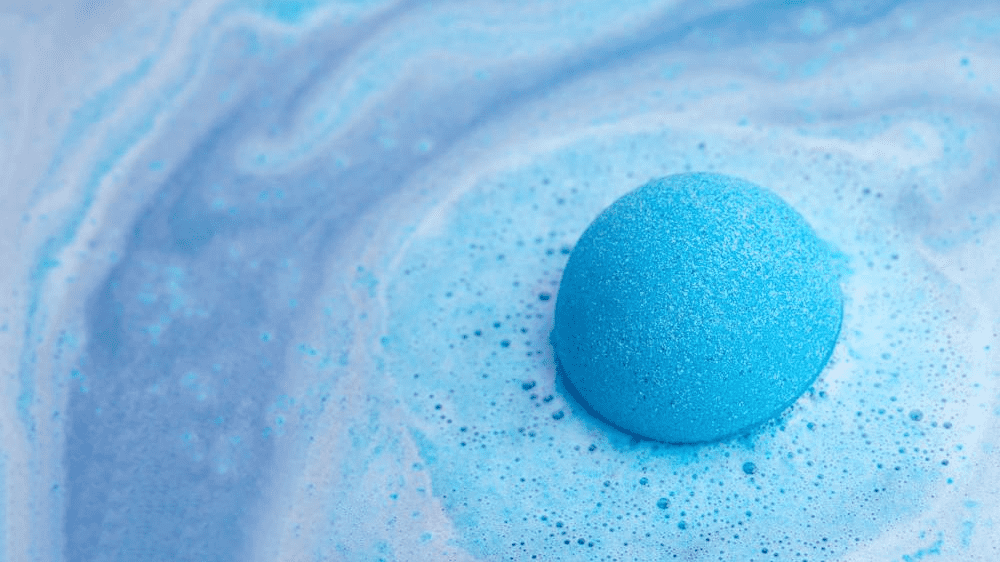Overview
Citric acid is an organic compound with the molecular formula HOC(CO2H)(CH2CO2H)2. It is a weak organic acid with a pH between 3 and 6, usually in the form of colorless crystals. For more chemical characteristics, please refer to IPCS.
Source
It is widely found in citrus fruits and was first isolated from lemon juice. Later, scientists used the Aspergillus niger to develop a synthetic formula and began large-scale industrial production. It was called manufactured citric acid(MCA).
Aspergillus niger can effectively convert sugar into citric acid, and its fermentation is also considered safe by the FDA and complies with its Federal Food, Drug, and Cosmetic Act.
Many people are pursuing natural and organic products, but the cost of citric acid from natural sources is too high and it is in short supply.
Benefit
As one of the most extensive additives, it is often used in food, medicine, and cosmetics. Take cosmetics as an example, it can:
As an antioxidant, prolong the shelf life of the product;
As a preservative, it can prevent product deterioration;
As an acidic agent, it can adjust the PH value of the product.
For the skin, it can anti-aging, exfoliate, and improve brightness. The specific reason is that the acid can exfoliate the skin and increase the synthesis of collagen.
It should be noted that not all acids have this effect. Citric acid belongs to the category of AHAs (alpha-hydroxy acids). It is milder and less irritating than other acids. At the same time, concentration is also very important.
Side effect
Citric acid has many good effects on the skin, but that is under the right conditions. If you use too much citric acid, it will cause skin irritation, burns, and irritation. If you have sensitive skin, this possibility is even greater. Please consult a doctor before use.



